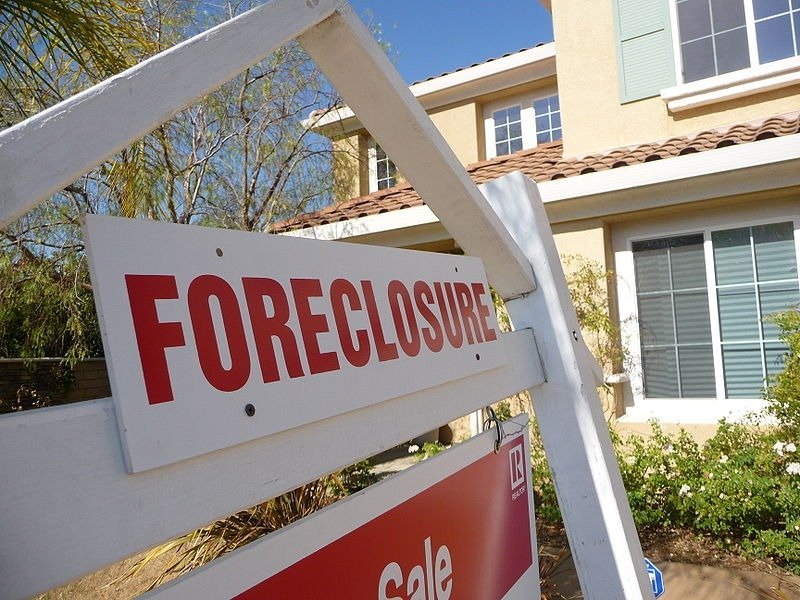Authorities and financial regulators on Monday poured cold water on a parliamentary bill seeking to further extend a moratorium on home repossessions, warning of the dangers it could pose to the banking system -but opposition MPs determined to press on regardless.
Lawmakers invited officials from the finance ministry, the Central Bank of Cyprus (CBC) and the Association of Cyprus Banks, to get their feedback on a bill proposing to extend to October 31 a current freeze on home foreclosures.
The current freeze is set to expire at the end of this month. The moratorium was initially instated in early 2020 – to protect debtors amid the coronavirus-related economic fallout -and has been renewed several times since.
As it stands, the law prohibits foreclosures up to July 31 of primary residences valued at no more than €500,000, business premises (small enterprises employing less than 10 people and with a turnover not exceeding €2 million), and agricultural land plots with a value up to €250,000.
A finance ministry representative told MPs the government would need to seek the opinion of the European Central Bank, as the matter appears to fall within the ECB’s jurisdiction.
If guidance is not sought, it might be considered a breach of EU law.
A CBC rep said MPs’ concerns over repossessions are overblown in any case. Since 2015 only six residences have been repossessed and auctioned off, at an average market value of €523,000 – higher even than the residences currently protected by law.
He warned that granting yet another extension to the foreclosures moratorium would effectively make the freeze a permanent fixture, rather than the temporary measure it was supposed to be.
Foreclosures are a tool and an incentive encouraging delinquent debtors to restructure their loans.
“Otherwise the risk looms of adverse impacts on financial stability and the economy in general,” the official cautioned.
He cited data showing that Cyprus is currently ranked second worst in the EU in terms of the ratio of non-performing loans (NPLs) to total loans. This is an index, he said, that ratings agencies take seriously into account.
The official also noted that 64 per cent of NPLs concern loans in arrears for over two years.
“The data tells us that the measure before us [the foreclosures freeze] does not in fact concern the timeframe of the pandemic.”
Speaking to reporters after the session of the House finance committee, Akel MP Aristos Damianou excoriated the government for its failure to protect home owners, for example citing the low uptake for ‘Estia’ – a government-backed relief scheme.
“We have a duty to strike a balance between banks’ privileges and debtors’ rights…we have no other option but to forward this legislative proposal onto the plenum…”
In other business on Monday, the finance committee discussed passing an amendment making a bank that’s under liquidation, liable for compensating insured depositors (up to €100,000), rather than the compensation being made through the Deposit Guarantee Scheme (DGS) which is currently the case.
The thinking behind the proposed change is that the fund created by the DGS does not contain enough cash to compensate depositors in the event an individual bank defaults.







Click here to change your cookie preferences